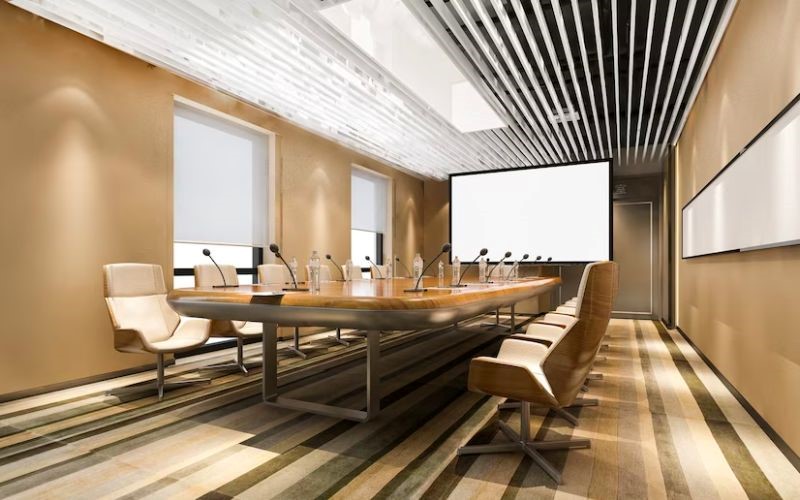Energy is an integral part of our lives.

As the population increases, so do our energy needs. And the use of non-renewable energy sources as well as the use of less fuel-efficient machines also add to the problem. Environmental issues directly related to energy production and consumption include air pollution, climate change, water pollution, thermal pollution, and solid waste disposal. The emission of air pollutants from fossil fuel combustion is the major cause of urban air pollution.*
Electricity is mostly generated by burning fossil fuels (coal, oil, and natural gas) which is a huge contributor to global emissions. Earth's temperature has risen by an average of 0.08° Celsius per decade since 1880. The rate of warming since 1981 is more than twice as fast: 0.18° C per decade.*. This is alarming as it affects everything that we depend on; the air we breathe, our water supply and also our food supply.
With the alarm sounded by the World Meteorological Organisation of the world being likely to breach a key climate threshold for the first time within the next five years, it is time to stop burying our heads in the sand and make some changes.
What can you do?
Here are a few examples of where you can start.

- Use energy efficient machines and appliances – Depending on your usage, it may be worth your while to swap some of your household machines and appliances to ones that will save energy and money.
- Let the sun in – Instead of keeping your curtains drawn and switching on the lights, let the sun light up your home. Which brings us to the next point.
- Install window treatments – Living in a country where it’s hot all year around, it makes sense to have window treatments installed. Choose window treatments that will allow natural light in while keeping the heat out.
- Change your bulbs – Opt for energy saving lighting
- Service your air-conditioner – An air-conditioning unit that is running at its most efficient uses less energy
- Flip that switch – Switch off lights, fans and air-conditioners when not in use. Unplugging appliances when not in use will also make a difference. This applies to your taps too, don’t waste water.
- Switch power source – Use solar panels to generate your electricity needs
Operational Emissions Reduction Approach
Maybank understands the importance of acting swiftly to combat climate change for the long-term stability of the economy and, more importantly, the safety of communities worldwide. And we believe in doing our part to mitigate the environmental impact of our operations by managing our direct and indirect greenhouse gas emissions responsibly, in addition to our broader environmental impact.
We have set our sights on being carbon neutral for our Scopes 1 and 2 emissions by 2030. To achieve this goal, we have laid out multi-pronged strategies supported by detailed plans to reduce net emissions arising from internal operations. As of December 2022, we are well on our way to achieving our goals with significant emissions reduction.
Better energy management - We recognise that managing our carbon footprint requires effective management of our energy usage. We have therefore taken steps to upgrade electrical fixtures and fittings such as the installation of LED light bulbs across all of our branches, as well as the upgrading of all air-conditioning units across our markets of operation.

Renewable sources - In 2022, we concluded our mREC (Malaysia Renewable Energy Certificates) acquisition exercise. This represents the delivery of 80,000 MWh of renewable energy to the grid, and all associated environmental benefits of displacing 80,000 MWh of conventional power in Malaysia. To date, our mREC purchases have contributed to an estimated carbon emission reduction of 51,120 tCO2 (equivalent to 39% of Group’s 2019 baseline emission for Scopes 1 and 2). To further enhance our efforts, we are exploring the possibilities of purchasing RECs or renewable energy power purchase agreements across our other countries of operation.
To reduce our consumption of fossil fuel-based energy, Maybank also intends to explore and expand solar panel installation in appropriate structures throughout the Group. We have installed solar panels at Singapore’s Maybank Center, and completed on-site studies for solar panel installation at our Malaysian premises.
Green buildings - We endeavour to manage our facilities and properties responsibly, so as to minimise their effects on the environment, including through obtaining Green Building Index (GBI) certification for as many facilities as possible. Menara Etiqa in Bangsar is currently GBI-certified, and we also have a GBI-certified secondary data centre, NTT MSC.
Paper consumption and disposal - As the single largest material resource consumed in our day-to-day operations, Maybank is determined to minimise the consumption of paper use across all the markets that we operate in, through innovative digitalisation of our internal processes. In addition, we aim to increase the use of certified or sustainably sourced paper by 100% by 2030, compared to our 2019 baseline.
Waste management - Maybank maintains effective systems to ensure the responsible collection, recycling and disposal of waste. We use appointed licensed contractors to ensure full compliance with government regulations, while appointed contractors ensure the appropriate disposal of e-waste.
You may think that one person’s efforts or even one organisation’s efforts can’t make much of a difference, but they can and they will. All it requires is a change in habits and the way we do things, and if we all adopt this mindset then surely great strides will be made.
Believe that you can make a difference in keeping our planet safe and habitable.
Because you can.

